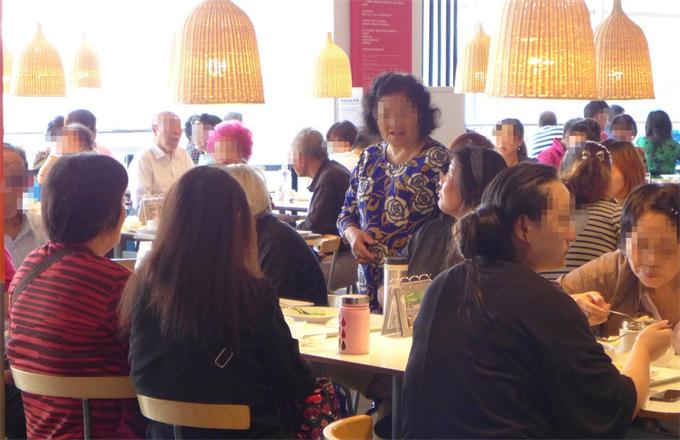Lavish banquets highlight ongoing corruption
Regardless of bans by the central government, some departments are still wasting money on lavish banquets. It's necessary to strengthen investigations and countermeasures, says an editorial in Beijing News. Excerpts:
At the end of 2012, the central government issued eight regulations and six bans against hedonism, extravagance and bureaucracy in government. Although the policies have been implemented well — many government banquets were canceled and budgets cut — and even as members and delegates to local sessions of the Chinese People's Political Consultative Conference and National People's Congress were eating less and having simpler dishes, there are still troublesome situations.
Posing as a customer, a reporter found that more than 10 restaurants run by provincial liaison offices in Beijing have been booked solid, with most bookings for year-end parties and official receptions by State-owned enterprises and government departments.
At odds with what top leadership promises for an austere China, these restaurants affiliated with provincial liaison offices in Beijing are believed to be low-key and inconspicuous venues for feasts. For those few officials still indifferent when wasting public funds on lavish banquets, it's a hide-and-seek game, and they simply need more secret places for their extravagance and corruption. It's an wake-up call, and such behavior should be punished seriously from the onset.
A fundamental reason why some government departments and SOEs still dare to act lavishly is the lack of budgeting and supervision systems regarding the use of public fund. Efforts should be accelerated on making such organs' budgets transparent and their use of money on dinners publicized to the public.
For immediate effect, supervision, investigations and punishments should be strengthened, and it's best to invite supervision by the public and media.
An austere China should begin with tight control on government's use of public funds. As provincial liaison offices tie directly with local governments, restaurants run by them should be taken as a test for the implementation of frugal policies by top leaders.



















